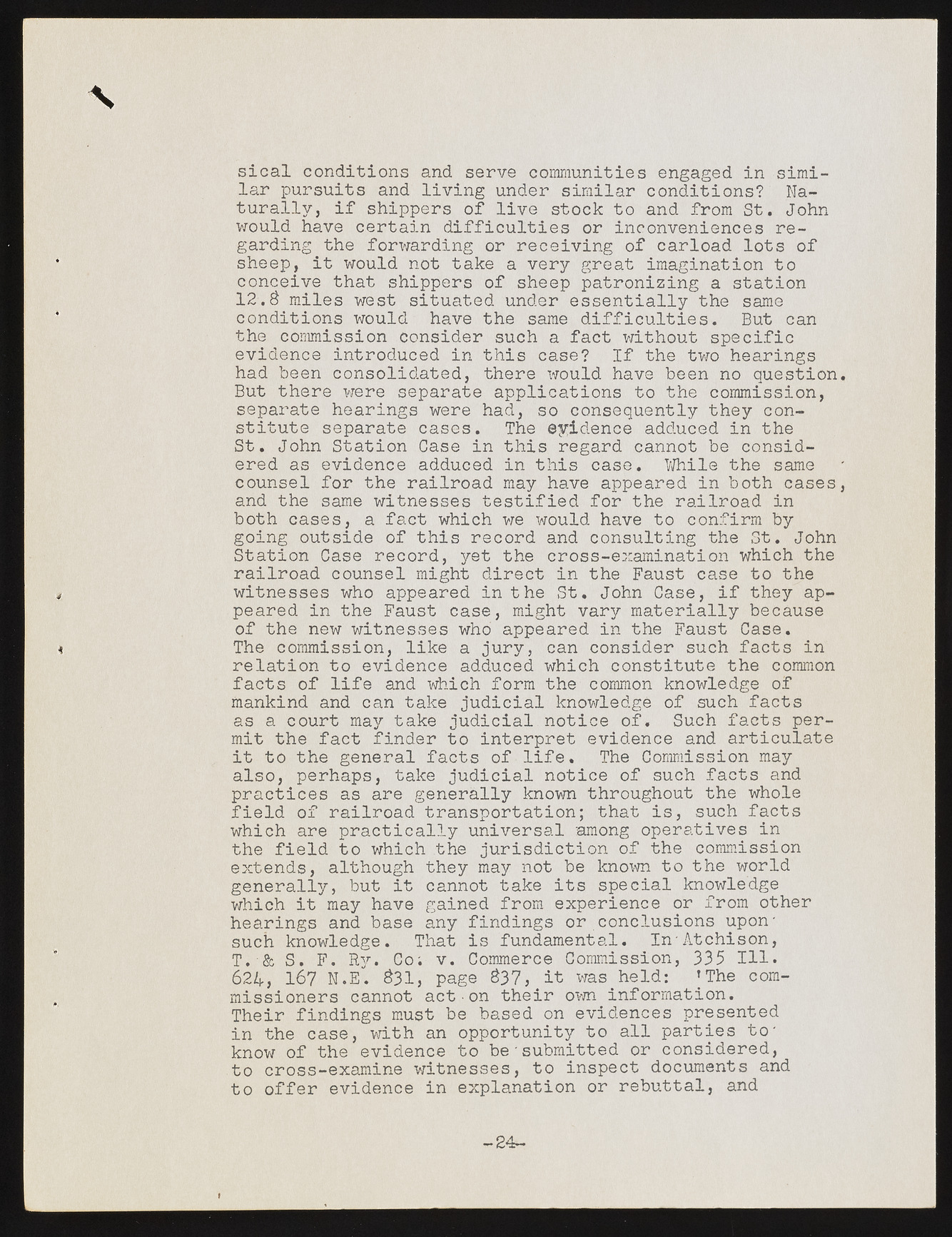Copyright & Fair-use Agreement
UNLV Special Collections provides copies of materials to facilitate private study, scholarship, or research. Material not in the public domain may be used according to fair use of copyrighted materials as defined by copyright law. Please cite us.
Please note that UNLV may not own the copyright to these materials and cannot provide permission to publish or distribute materials when UNLV is not the copyright holder. The user is solely responsible for determining the copyright status of materials and obtaining permission to use material from the copyright holder and for determining whether any permissions relating to any other rights are necessary for the intended use, and for obtaining all required permissions beyond that allowed by fair use.
Read more about our reproduction and use policy.
I agree.Information
Digital ID
Permalink
Details
More Info
Rights
Digital Provenance
Publisher
Transcription
sical conditions and serve communities lar pursuits and living under similar coenndgiatgieodn si?n sNiamiturally, if shippers of live stock to and from St. John wgoaurldidn gh avteh e cefrotrawianr didnigf foirc urletcieesi vionrg inofc oncvaernlioeandc elso tsr eof • schoenecpe,i vei t twhoatu lds hnioptp ertsa keo f a svheereyp gpraetarto niizmianggi naa tisotna ttioon * 1c2o.nd$i mtiiolness wwoeustl d sihtauvaet etdh eu ndseamre esdisfefnitciualltliye st.h e Bsuatm ecan the commission consider such a fact without specific evidence introduced in this case? If the two hearings had been consolidated, there would have been no question. But there were separate applications to the commission, ssteiptaurtaet e sheepaarraitneg s cawseerse. hadT,h e seo vicdoennsceeq ueadndtulcye dt hieny tchoenSetr. e d Joash n evSitdaetnicoen aCadsdeu ceidn tinh itsh irse gacrasde .c anWnhoitl eb e thceo nssaimdecounsel for the railroad may have appeared in both cases, and the same witnesses testified for the railroad in bgooitnhg caosuetss,i dea foaf ctt hiwsh icrhe cwoer d woanudl d choanvseu lttoi ngc otnhfei rSmt .b y John Station Case record, yet the cross-examination which the railroad counsel might direct in the Faust case to the , pweitanreesds eisn wthheo Faapupseta recda sei,n tmhieg htS t.v arJyoh mna tCeasrei,a lliyf btehceayu saep< Tohfe thceo mmniesws iwoint,n eslsikees wa hoj urayp,p eacrane d coinn sithdee r Fasuuscth fCaacste.s in relation to evidence adduced which constitute the common facts of life and which form the common knowledge of mankind and can take judicial knowledge of such facts maist at hceo urfta ctm ayf itnadkeer tjou diincitaelr prneott iceev idoef.n ce Suacnhd faarctitcsu lpaetreit to the general facts of life. The Commission may also, perhaps, take judicial notice of such facts and practices as are generally known throughout the whole field of railroad transportation; that is, such facts which are practically universal among operatives in the field to which the jurisdiction of the commission extends, although they may not be known to the world generally, but it cannot take its special knowledge which it may have gained from experience or from other hearings and base any findings or conclusions upon- such knowledge. That is fundamental. In-Atchison, T.-& S. F. Ry. Co; v. Commerce Commission, 335 111. , m6i2s4,s io1n6e7r sN .Ec.a nn3o3t1, apcatg•eo n £3t7h,e iri t owwna s inheflodr:m ati’oTnh.e com- Their findings must be based on evidences presented kinn owth eo f ctashee, ewviitdhen caen toop pboer t- usnuibtmyi tttoe d alolr pcaorntsiiedesr etdo', to cross-examine witnesses, to inspect documents an d to offer evidence in explanation or rebuttal, and -24-

